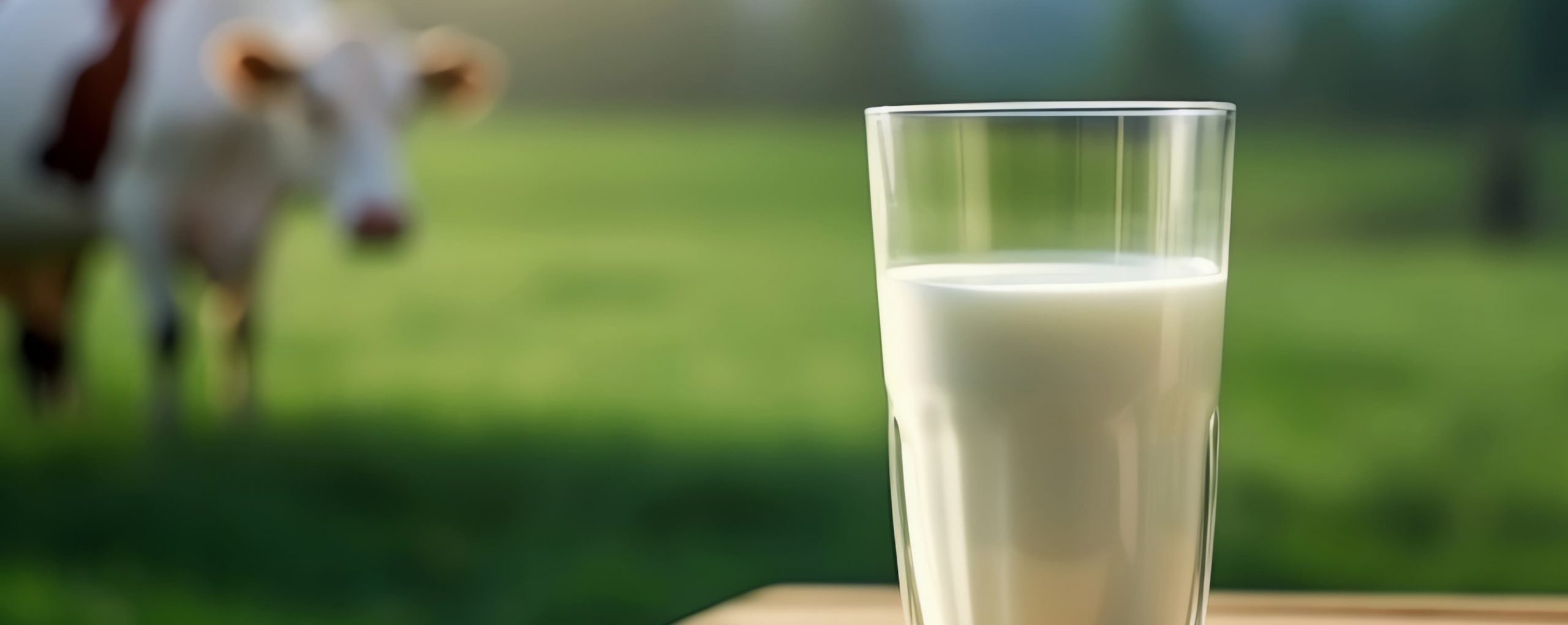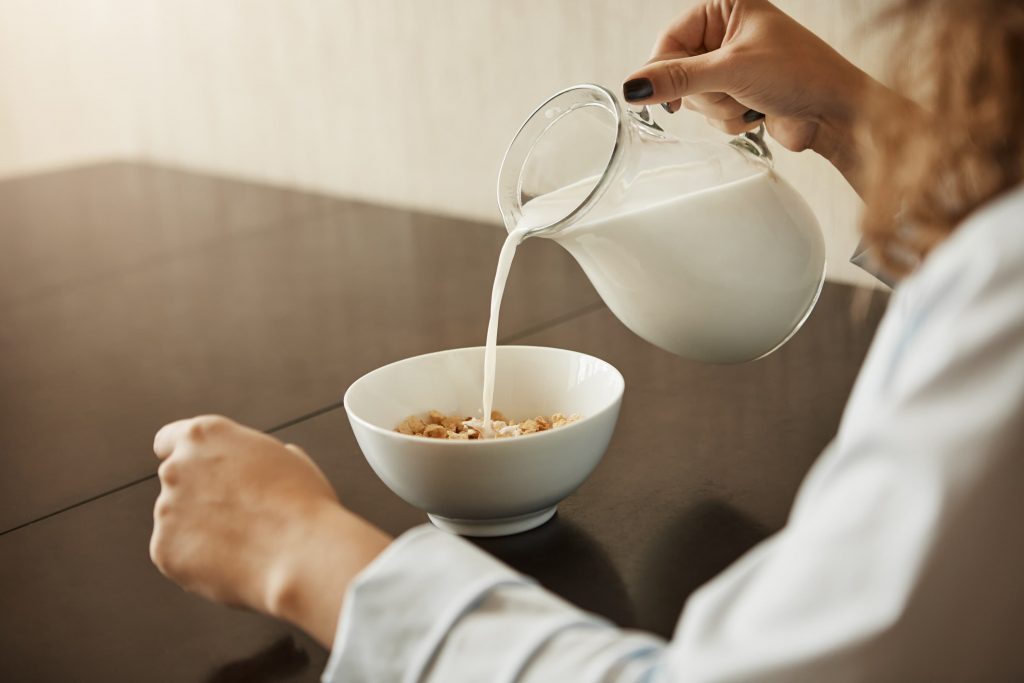What is lactose in milk? Everything you need to know about this natural sugar

Lactose is a disaccharide composed of glucose and galactose, commonly known as milk sugar. It occurs naturally in the milk of most mammals, accounting for between 4% and 6% of its composition.
Function of lactose in the body
When milk products are consumed, lactose is broken down into glucose and galactose by the enzyme lactase in the small intestine. These simple sugars are absorbed and used as a source of energy by the body.
Lactose intolerance
Some people produce insufficient amounts of lactase, which makes it difficult to digest lactose. This can cause symptoms such as diarrhoea, gas and bloating after consuming dairy products.
LDP distributors and suppliers
In Spain, companies such as Beurrespa S.L. specialise in the distribution of liquid dairy products, offering a variety of products derived from goat’s, sheep’s and cow’s milk. Their range includes skimmed and condensed milks, as well as cow’s cream with different fat concentrations, available in conventional and organic versions.
Importance of lactose in the diet
In addition to being a source of energy, lactose facilitates the absorption of minerals such as calcium and magnesium, which are essential for bone and muscle health. It also contributes to the development of beneficial intestinal flora, promoting healthy digestion.
Alternatives for people with lactose intolerance
For those with lactose intolerance, there are lactose-free dairy products on the market. These products contain added lactase, which breaks down lactose before consumption, allowing you to enjoy the benefits of dairy without digestive discomfort.
Frequently asked questions about lactose in milk
What causes lactose intolerance?
The intolerance is due to insufficient production of lactase, the enzyme that breaks down lactose in the small intestine.
Do all dairy products contain lactose?
Most do, but there are lactose-free dairy products designed for people with lactose intolerance.
Is lactose essential in the human diet?
It is not essential, but it provides energy and facilitates the absorption of certain minerals.
What are the alternatives for those who cannot consume lactose?
In addition to lactose-free products, plant-based drinks such as almond, soy or oat milk can serve as substitutes.

